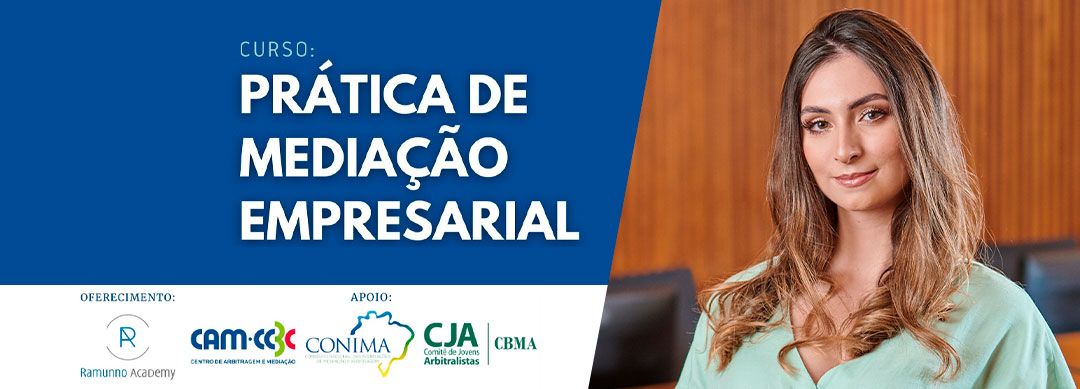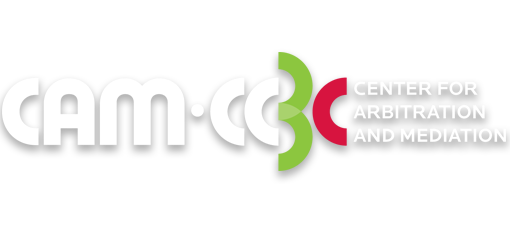New CAM-CCBC’s library provides books and specialized publications to the ADR community
By Sérgio Siscaro
One of the pillars of the CAM-CCBC’s work is disseminating knowledge. This exchange of experiences and ideas in the Brazilian ADR community is essential to disseminate information on arbitration and mediation cases, while also stimulating these procedures. These efforts received an important contribution at the end of 2020: the Centre´s newly minted library.
After being completely redesigned over two months, the new space, located at CAM-CCBC´s headquarters, allows interested parties, both internal and external, access to publications on most aspects of law. It supports professionals who often have to familiarize themselves with the rules and laws of different segments or countries.
According to the Administrative Support Area Coordinator of CAM-CCBC, Regina Alves, responsible for supervising the initiative, two people from the Centre’s administrative team were allocated, for a period of two months, to restructure the library and catalog the works in its collection, which is composed of both law books and specialized publications. “The reason for establishing this library arose from a need of the ADR community, aligned with our pillar of knowledge dissemination and our interest in having an open space for the public. Moreover, it was also a way that we found of sharing the works that we already had in CAM-CCBC,” she says.
The space has been completely reconfigured to accommodate the library, having the capacity of storing about 7,400 books. Chairs for consultation and a bench for connecting notebooks are also present, so that people can carry out their research in a comfortable way. At the beginning, the collection will only be available for consultation at the premises.
“With the help of a consultancy we did, in a first moment, the cataloguing of all the books, following the standards used in any library“, says the coordinator. So, the works are organized according to the Dewey Classification (CDD), a documentary classification system employed worldwide, which distributes all knowledge in ten main classes.
For example, the one that covers works related to the Law field is 340, which is subdivided into specific areas, such as International Public Law (341), Criminal Law (345), and Private Law (346), among others. In this way, the use of CDD allows the easiness in finding works of a certain theme and aligns CAM-CCBC library to the standards followed by other institutions.
Covid-19 impact
Alves says that the plans to open the library to interested parties turned out to be frustrated by the pandemic of the new coronavirus. “Given the measures of social distancing adopted by CAM-CCBC, the library was made ready, but could not be opened to the public”.
To compose the collection of works, the Centre celebrated a partnership with Instituto Brasileiro de Direito da Construção (Brazilian Institute of Construction Law) (IBDiC), both responsible for providing books and academic materials, disseminating content to the arbitration and legal community. “But anyone who is interested in donating works to the Centre can do so. The concept is that it should be an open space for the entire ADR community“, she emphasizes.
Insofar as it incorporates more works to its collection, the library should also undergo further improvements. “One of the next steps that we plan is the installation of software that will make it possible to organize the main information of each work, with the purpose of facilitating public consultation. This will allow the interested party to know if the library contains the book that meets his / her needs and schedule an appointment“.
Within the concept of sharing knowledge, another possibility studied by CAM-CCBC is related to the digitalization of the collection. “Of course, we will have to comply with the legislation that governs the availability of these works. But, in the future, it seems to be something that we can develop in a better way“, she considers.





